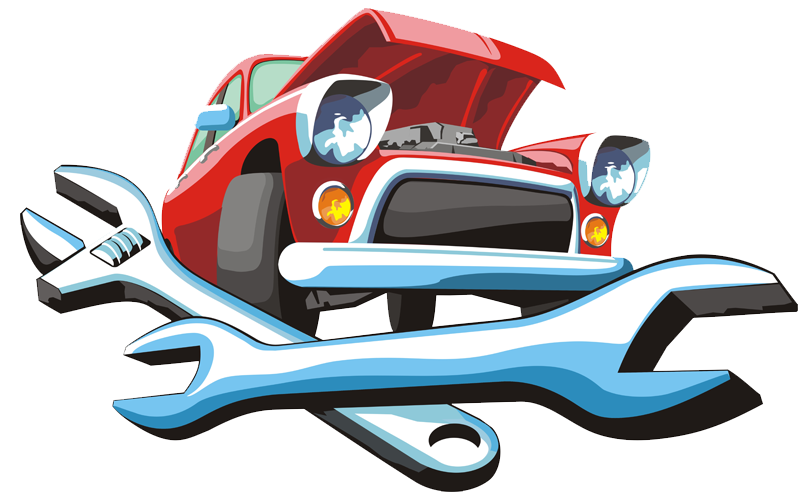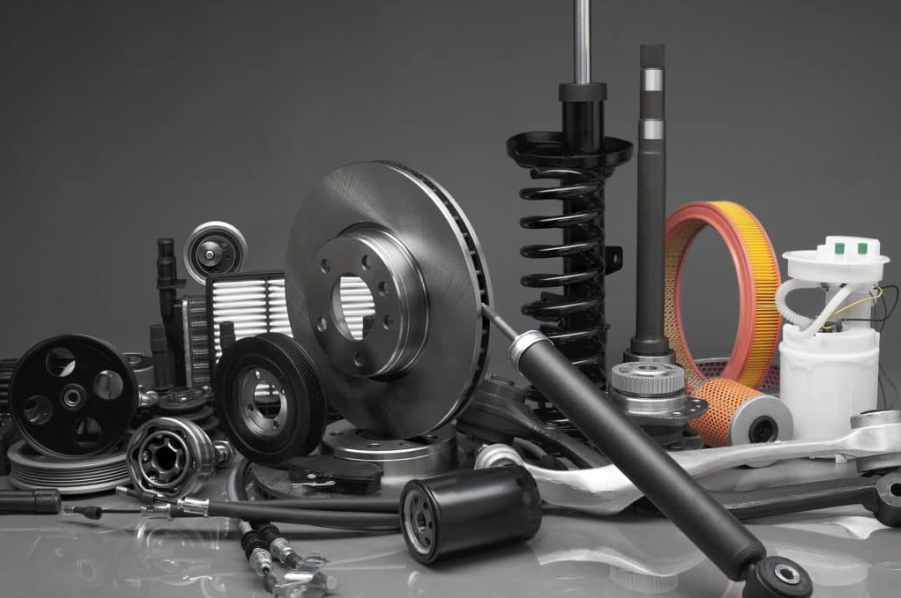Introduction to OEM spare parts
Original Equipment Manufacturer (OEM) spare parts play a crucial role in the maintenance and repair of various types of machinery and equipment. These parts are designed and produced by the same company that manufactured the original product, ensuring compatibility and quality. Understanding the importance of OEM spare parts in various industries is essential for efficient operations and maximizing the lifespan of machinery. This article provides a comprehensive overview of what OEM spare parts are, their benefits, and why they are preferred over aftermarket alternatives.
The importance of using OEM spare parts
Using OEM spare parts is crucial for maintaining optimal performance and reliability of machinery. These parts are designed to exact specifications and undergo rigorous testing to ensure they meet quality standards. Using OEM parts helps to preserve the integrity and functionality of the equipment, reducing the risk of unexpected breakdowns and costly repairs. Additionally, OEM parts often come with warranties, providing added assurance and peace of mind to the users. By prioritizing OEM spare parts, businesses can ensure the efficiency and longevity of their machinery, ultimately leading to improved productivity and operational success.
Quality assurance with OEM spare parts
One of the key benefits of utilizing OEM spare parts is the assurance of quality they offer. These parts are manufactured by the original equipment manufacturer, guaranteeing that they align perfectly with the equipment’s specifications. This precision in design and construction ensures seamless integration and optimal performance, reducing the chances of malfunctions or breakdowns. By opting for OEM parts, businesses can maintain the highest standards in their equipment, leading to enhanced efficiency and reliability. The quality assurance provided by OEM spare parts ultimately results in cost savings by minimizing downtime and extending the lifespan of machinery.
Cost-effectiveness of OEM spare parts
While OEM spare parts may initially seem pricier than their aftermarket counterparts, their long-term cost-effectiveness is unparalleled. Investing in OEM parts reduces the risk of unexpected breakdowns, costly repairs, and premature replacements. The superior quality and precision of OEM parts ensure that they function seamlessly with your equipment, minimizing the frequency of maintenance and replacements. By prioritizing OEM spare parts, businesses can avoid the hidden expenses associated with lower-quality alternatives, ultimately saving both time and money in the long run. The reliability and durability of OEM parts make them a wise investment for any business looking to optimize its operations and minimize operational costs.
Finding reliable sources for OEM spare parts
When sourcing OEM spare parts, it is crucial to work with reputable suppliers and authorized dealers. These trusted sources ensure that you are receiving genuine parts that meet the manufacturer’s standards for quality and performance. Conduct thorough research, read reviews, and consider certifications to verify the authenticity of the supplier. Establishing a solid relationship with a reliable supplier will guarantee access to a consistent and reliable inventory of OEM parts, helping you maintain the efficiency and longevity of your equipment. Prioritize quality and reliability when sourcing OEM spare parts to safeguard your business operations and investments.
The difference between OEM and aftermarket parts
It’s essential to understand the distinction between OEM (Original Equipment Manufacturer) and aftermarket parts when sourcing components for your equipment. OEM parts are designed and produced by the original manufacturer, ensuring they meet the exact specifications and quality standards of the equipment. On the other hand, aftermarket parts are produced by third-party manufacturers and may not always adhere to the same quality standards as OEM parts. While aftermarket parts may be more affordable, they can pose risks such as compatibility issues and reduced performance. When prioritizing the longevity and efficiency of your equipment, opting for OEM spare parts is the recommended choice. Stay tuned for our next blog post, where we delve deeper into the considerations between OEM and aftermarket parts.
Ensuring compatibility with your equipment
When selecting OEM spare parts for your equipment, compatibility is paramount. OEM parts are specifically engineered to seamlessly integrate with your machinery, ensuring optimal performance and longevity. By choosing OEM parts, you eliminate the risk of compatibility issues that may arise with aftermarket alternatives. This not only safeguards the efficiency of your equipment but also minimizes the likelihood of costly repairs and downtime. Prioritizing compatibility by investing in OEM spare parts is a strategic decision that pays off in the long run by maximizing the reliability and productivity of your machinery. Stay informed for more expert insights on optimizing your equipment’s performance.
Conclusion on the benefits of choosing OEM spare parts.
Conclusion on the benefits of choosing OEM spare parts:
Choosing OEM spare parts for your equipment offers a range of benefits that directly impact its performance and longevity. By prioritizing compatibility with your machinery, you ensure seamless integration that enhances efficiency and minimizes downtime. The assurance of quality and reliability that OEM parts provide can significantly reduce the risk of costly repairs and maintenance in the long term. Investing in OEM spare parts is a strategic decision that not only maximizes the productivity of your equipment but also contributes to its overall reliability. Stay proactive in selecting OEM parts to optimize your machinery’s performance and ensure smooth operations.

